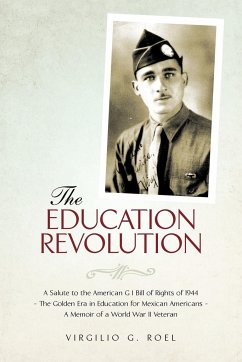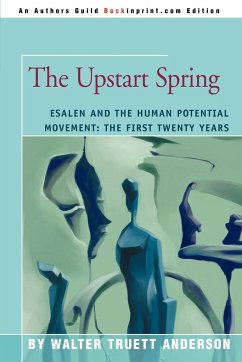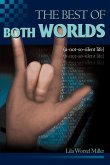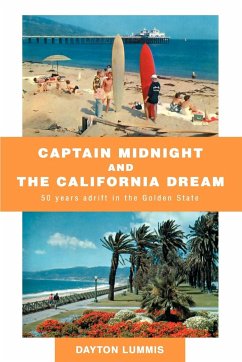The Education Revolution is a memoir by a World War II veteran who served in Europe in the Parachute Infantry. But the book is not about any glorious feats by an individual or military unit. The author notes his observations at the embarkation port, the trip across the Atlantic Ocean, and an unusual adventure when his ship docks at Liverpool. The book focuses in the aftermath of World War II, and is a salute to the G I Bill of Rights of 1944, authored by a Mexican-American young man proud to have served the United States of America. The author details how the benefits from the G I Bill changed our country, and produced a revolution that transformed American education for generations. The author explains his accomplishments, including graduating from the University of Texas and Georgetown Law School, becoming a practicing attorney, qualifying him to practice before the U. S. Supreme Court, and setting up his own law firm in 1954, as direct benefits of the G I Bill of Rights. The author credits his higher education for his appointment by President John F. Kennedy to a judicial position, and for his elevation to 3 other high-level Federal positions. He mentions and summarizes decisions he made, resulting in better working opportunities for minorities. The book describes the insidious discrimination and hardships suffered by all minorities in housing in the U.S. during the 1940s- 1960s. The book argues that, without the benefits of the G I Bill of Rights, the author could not have occupied the high-level positions through which the economic and social advancements for countless Mexican-Americans and other minorities were accomplished. He addresses social and political issues, and takes particular jabs at President George W. Bush and his Administration. Finally Roel insists the G I Bill of Rights gave rise to the Education Revolution, and that such revolution must endure.








